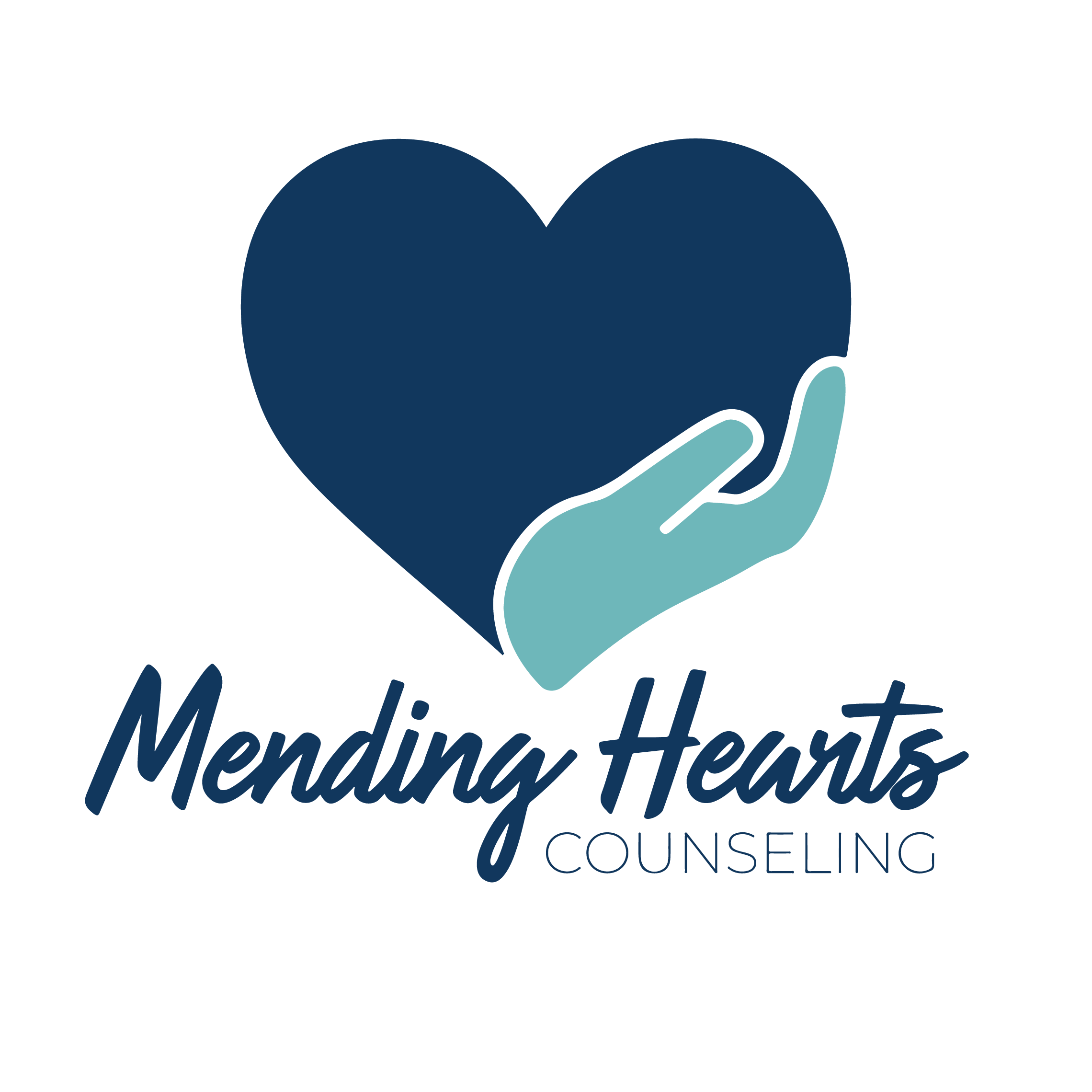
Its Time to Transform Your Life: Discover the Power of EMDR Therapy for Lasting Healing.
Now accepting new client in Texas, Florida, Nevada, and Vermont for online EMDR therapy.
EMDR Therapy Online in San Antonio, Texas
WHAT IS EMDR THERAPY AND HOW DOES IT WORK?
Eye Movement Desensitization Reprocessing (EMDR) is an evidence-based effective therapy that helps people recover from trauma and other distressing life experiences. EMDR Therapy focuses on desensitizing emotions, thoughts, or behaviors of the distressed event, allowing the brain to resume its natural healing process.
Our brain naturally processes our daily experiences, in an adaptive manner. However when our mind becomes overly stimulated our experience can overwhelm that brain's natural healing process. Our mind, much like our body, has the capacity to heal. However, when a person experiences a traumatic event, it can sometimes become too much for the brain to process in a natural healthy manner.
The trauma memories of the experience can become ineffectually processed which can cause debilitating symptoms such as flashbacks, nightmares and panic attacks. EMDR Therapy can help the brain reprocess past traumas by desensitizing the emotional charge of the memory, and reprocesses how the brain restores it in the mind and body.
Trauma can be caused by unresolved experiences and feelings that threaten your sense of wellbeing and safety. EMDR can help with issues that haven’t gotten any easier with other therapies or other modalities. EMDR can help reduce the severity of stressful symptoms associated with trauma so they don't interfere with the daily functioning of a person.
WHO CAN BENEFIT FROM EMDR THERAPY?
Adults and children dealing with traumatic memories. Healthcare Providers, First responders, and Professionals who experience or are exposed to traumatic events on a daily basis. Those who have tried counseling before but are still struggling with debilitating symptoms.
EMDR Therapy can address trauma related to:
Accidents and Natural Disasters
Neglect and Abandonment
Emotional, physical, and sexual abuse
Bullying/cyberbullying
Domestic violence
Growing up with parents with a mental illness, substance abuse, or incarcerated.
Death of a loved one
Separation from a parent or caregiver
Stress caused by poverty.
Medical condition
Growing up in a violent community.
Victim of violence and theft
War/terrorism
Workplace trauma
WHAT IS THE EMDR BUTTERFLY HUG TAPPING TECHNIQUE?
The EMDR Butterfly Hug Technique is a specialized form of EMDR that is used to help people who have experienced trauma. Unlike traditional EMDR, which focuses on the left and right sides of the brain alternately, the butterfly hug technique uses both sides of the brain simultaneously. This allows for a more complete and effective healing process. EMDR is a type of therapy that is used to help people who have experienced trauma. It is a very effective type of therapy, but it can be difficult for some people to engage in. The butterfly hug technique is a specialized form of EMDR that helps make it more accessible for people who may have trouble with traditional EMDR. The butterfly hug technique is a very effective way to help people who have experienced trauma heal.
It is a specialized form of EMDR that uses both sides of the brain simultaneously, which allows for a more complete and effective healing process. If you or someone you know has experienced trauma, the butterfly hug technique may be a good option for treatment. The Butterfly Hug is accomplished by wrapping your arms around yourself so that each hand touches the opposite upper arm or shoulder. Then you will be asked to start the bilateral tapping by moving your hands like the wings of a butterfly, to tap your arms/shoulders in an alternating rhythm. (as an alternative, the person might just tap their knees.
EMDR Therapy can address and treat symptoms related to:
Anxiety
Anger
Attachment issues
Bipolar Disorder
Chronic Illness & medical issues
Co-dependency
Depression
Dissociative disorders
Frustration
Grief and loss
Jealously
Overthinking
PTSD
Panic attacks
Paranoia
Performance anxiety
Personality disorders
Reoccurring negative thoughts.
Sexual assault
Sleep disturbances
Trust Issues

